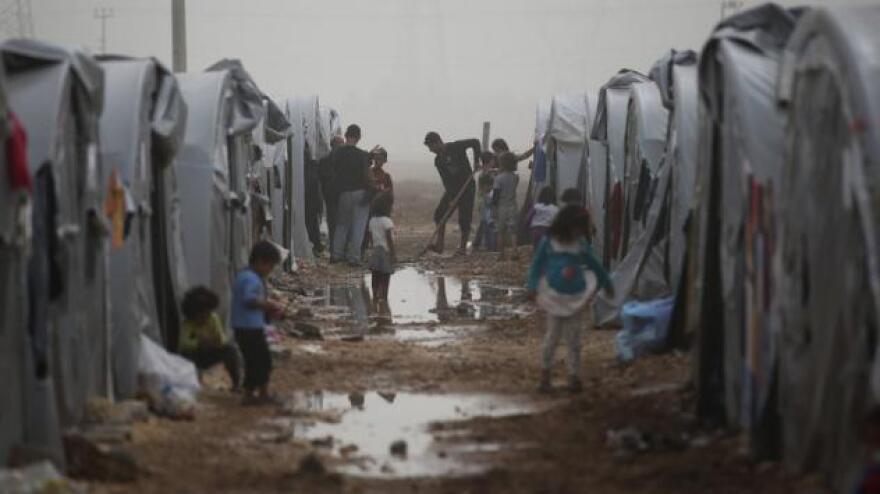Visitors to Las Vegas don't get to see much outside of the glitz of the casino floor and poolsides of the Strip.
Coming here for an authentic ethnic experience doesn't seem very likely, either. In fact, with the lack of ethnic neighborhoods like those in Los Angeles or Chicago, Las Vegans themselves may not realize the extent of the diversity that surrounds them.
Since 1970, however, refugees who resettle in the valley has significantly shaped the population and culture of Las Vegas. The lure of a strong hospitality industry that can offer jobs with benefits has been an attraction to those seeking refuge and a new start.
Since the beginning of the year, more than 1,100 refugees have been resettled in Las Vegas, the majority of which come from Cuba and African countries.
Sponsored by agencies with local chapters such as the Catholic Charities of Southern Nevada and the African Community Center, refugees who relocate here are assisted with services such as English classes and employment training to acclimate to their new surroundings.
But the process is far from easy. According to Carisa Lopez-Ramirez, vice president of immigration and migration services at Catholic Charities of Southern Nevada, gaining an official refugee status can take up to seven years.
“We are a community filled with diversity," Lopez-Ramirez said, "Our coummunity is very welcoming when it comes to immigrants and refugees.”
However, she said a lack of mental health services in the valley is a weakness because so many refugees need help dealing with trauma.
Redda Mehari is the director of the African Community Center. He agrees that many refugees struggle with the effects of trauma but that struggle is what makes them strong.
“You can see that refugees come with all sorts of trauma not just because of the crisis back home the war and the persecution and the torture but also the uncertainty of living in the camp,” Mehari said, “But that is also what gives them the strength.”
He said that while experiences and needs will vary from refugee to refugee, "they are all survivors.”
Lopez-Ramirez said more than 59 million people around the globe were forced from their homes last year, but only 1 percent actually make it to a resettlement area like Las Vegas.
Carisa Lopez-Ramirez, vice president of immigration and migration services, Catholic Charities of Southern Nevada
Milan Devetak, resettlement manager, Catholic Charities of Southern Nevada
Redda Mehari, director, African Community Center


